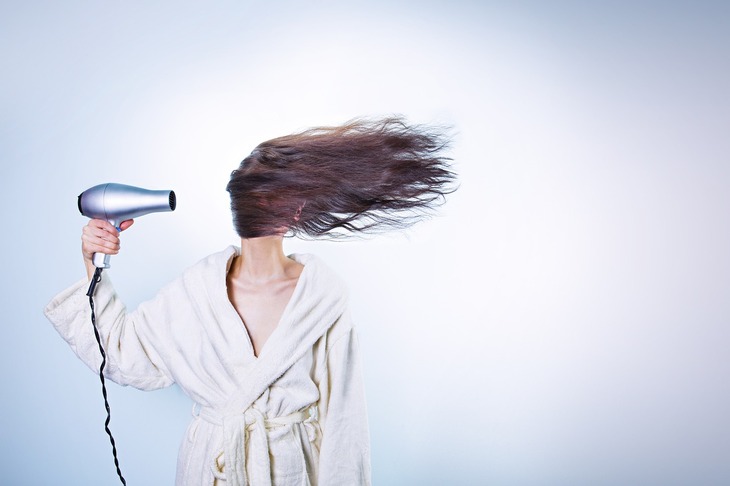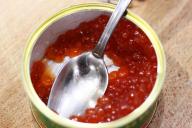Oily hair can be a real problem for many people.
Constantly washing your hair, using various products and even diets – all this may not give the desired result.
However, there are proven methods that will help prevent hair from becoming greasy quickly.
Causes of oily hair
Before we get into hair care tips, it's important to understand why hair gets oily. The main reason is overactive sebaceous glands.
This can be caused by genetic predisposition, hormonal changes, poor diet or the use of inappropriate cosmetics.

Choosing the Right Shampoo
One of the key points in caring for oily hair is choosing the right shampoo.
Experts recommend using shampoos that contain natural ingredients such as herbal extracts, essential oils and minerals.
These shampoos help to normalize the functioning of the sebaceous glands and do not dry out the scalp.
Frequency of hair washing
The frequency of washing your hair also plays an important role.
Washing too often can stimulate the sebaceous glands to work more actively, which will lead to even more oiliness.
The optimal option is to wash your hair every other day or even less often, depending on your hair and scalp type.
Using the air conditioner
Conditioner is another important element of hair care. However, it must be used correctly.
Conditioner should be applied only to the ends of the hair, avoiding the roots. This will help avoid excessive weighting of the hair and keep it fresh longer.
Hair masks
Natural hair masks can be a great addition to your basic hair care routine. Masks based on clay, egg yolk, lemon and honey help regulate sebum secretion and cleanse the scalp.
These masks can be done once or twice a week for best results.
Hair Nutrition
Nutrition plays an equally important role in hair health. To maintain healthy hair and scalp, it is recommended to include foods rich in vitamins and minerals in your diet.
Vegetables, fruits, nuts and fish should become the main components of the daily menu.
Natural remedies
Natural remedies can also be helpful in combating oily hair.
Herbal infusions such as chamomile, nettle and sage help to normalize the sebaceous glands and improve the condition of the scalp. These infusions can be used as a rinse after washing your hair.
Correct combing
Proper combing of hair is also important to maintain its cleanliness. Experts recommend using brushes with natural bristles, which are less traumatic to the hair and scalp.
You should comb your hair carefully, starting from the ends and gradually moving up to the roots.
Avoiding thermal exposure
Heat treatments such as using a hair dryer, flat iron, or curling iron can make oily hair worse.
If possible, frequent use of these devices should be avoided or used at minimum temperatures.
Scalp care
Scalp care is also important for maintaining healthy hair. Regular scalp massage improves blood circulation and helps normalize the sebaceous glands.
You can do the massage yourself or consult a specialist.
Using dry shampoo
Dry shampoo can be a great temporary solution for those who can't wash their hair every day.
It helps absorb excess sebum and refresh your hair. However, you should not overuse dry shampoo, as this can lead to dryness and irritation of the scalp.
Consultation with a trichologist
In some cases, you may need to consult a trichologist. The specialist will help determine the cause of oily hair and recommend an individual care plan.
This is especially important if the problem of oily hair is accompanied by other symptoms such as hair loss or scalp irritation.








